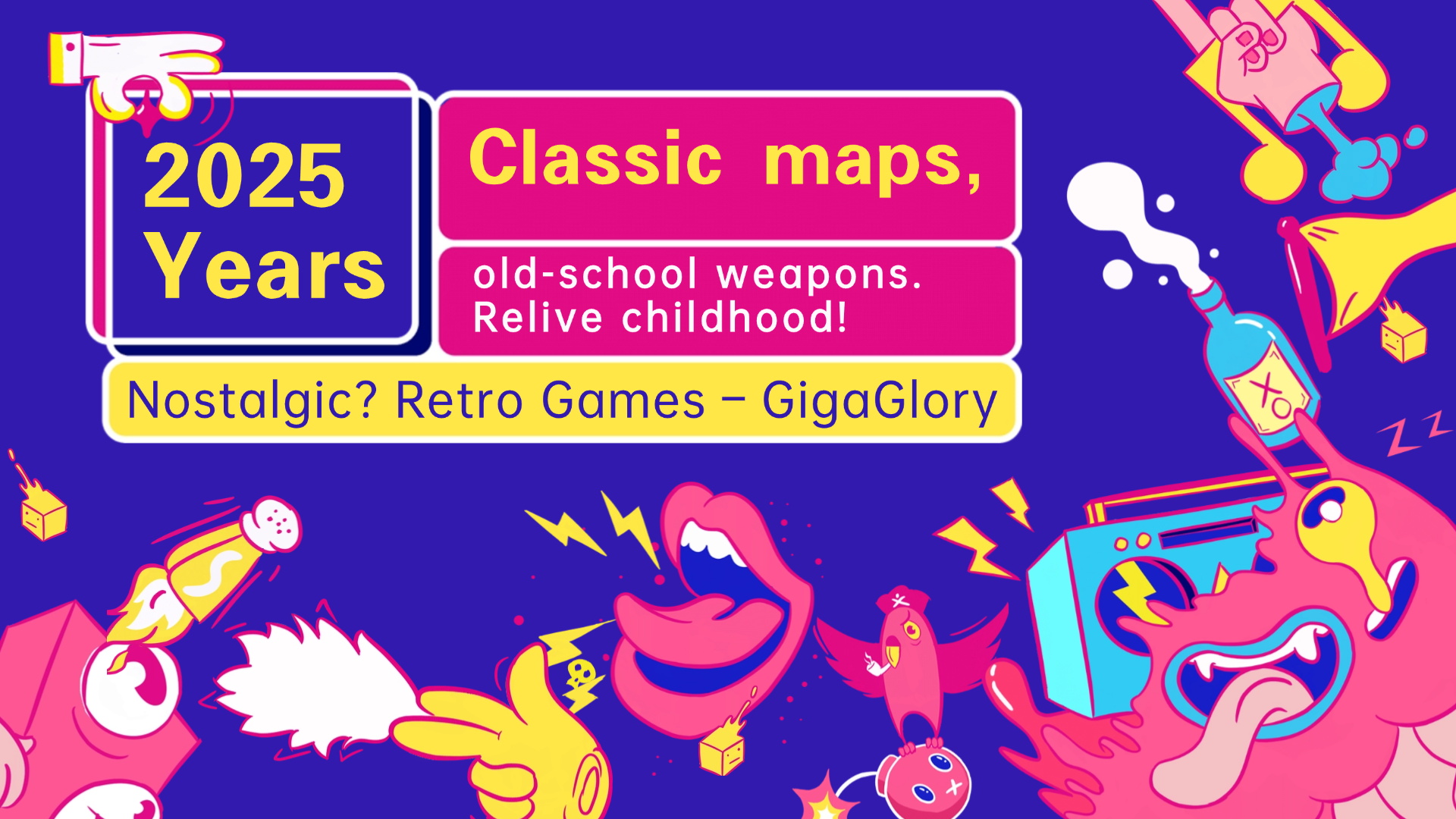Unlocking Creativity: How Building Games and Puzzle Games Shape Cognitive Skills
In a world colored with the hues of imagination, building games and puzzle games stand as twin pillars nurturing our cognitive faculties. From the radiant landscapes we conjure in digital realms to the intricate puzzles that challenge our minds, these games are more than just a pastime; they are gateways to creativity and mental agility.
The Art of Building Games
Building games are an exquisite form of self-expression. They invite players to construct entire worlds, offering boundless landscapes where the only limitations are those of the imagination. Games like “Minecraft” allow players to transform mundane blocks into sprawling castles or hidden caves, igniting creativity like a flickering flame in a darkened room.
Why Building Games Spark Creativity
- Freedom of Expression: Players can build without boundaries, leading to unique creations.
- Problem Solving: Overcoming obstacles in the game fosters innovative thinking.
- Collaboration: Multiplayer options encourage cooperative projects, enhancing social skills.
Unveiling Puzzle Games
Puzzle games, on the other hand, tantalize the intellect with their tantalizing complexities. They challenge players to think critically and strategize effectively. A game such as “Pocket Kingdom Mushroom Puzzle” masterfully intertwines logic with creativity, encouraging players to not just solve, but also imagine.
How Puzzle Games Enhance Cognitive Skills
Engaging with puzzles is akin to dancing with the mind. Each movement requires concentration and strategy. The repetitive nature of solving puzzles serves as a workout for the brain, fostering neural connections that boost overall cognitive function. Here are a few key benefits:
| Benefit | Description |
|---|---|
| Enhanced Memory | Puzzles require players to remember patterns and solutions, improving memory retention. |
| Improved Attention to Detail | Every small piece is crucial; attention to detail becomes a reflex. |
| Increased Problem-Solving Skills | Players often employ various strategies to successfully navigate challenges. |
Building Games vs. Puzzle Games: A Cognitive Duel
While both genres offer substantial cognitive benefits, they do so on different planes. Building games lend themselves to expansive, imaginative thinking while puzzle games sharpen analytical skills. Just like a painter needs both abstract and geometric shapes, a gamer thrives on the balance of both ends.
What's RPG Games? A Symphony of Role-Playing and Creativity
When discussing games that file under 'creative', we cannot overlook RPGs (Role-Playing Games). They blend storytelling and exploration, allowing players to step into shoes not their own. These games foster empathy, strategic planning, and imaginative prowess.
The Harmonization of Learning through Fun
One might ask, how does all of this contribute to real-world skills? The answer lies in the way these games hone crucial skills such as:
- Critical Thinking: Players learn to consider various outcomes and plan accordingly.
- Adaptability: Gaming situations often change rapidly, requiring quick adjustments.
- Leadership Skills: Multiplayer formats demand leadership and teamwork, whether in building or solving.
The Psychological Impact of Building and Puzzle Games
Besides cognitive advantages, these games address emotional well-being. They serve as outlets, providing relaxation and joy. The satisfaction of building or successfully solving a challenging puzzle releases dopamine, the ‘feel-good’ hormone, reinforcing positive feelings and making the act of playing a rewarding experience.
Strategies for Parents and Educators
Parents and educators often seek ways to harness the power of gaming for positive outcomes. Leveraging both building and puzzle games can be effective in early education.
- Encourage Exploration: Allow children to play and discover without direction.
- Set Challenges: Introduce customizable tasks to enhance engagement.
- Balanced Screen Time: Ensure a healthy mix of gaming with physical activities.
Conclusion: The Collage of Growth and Imagination
In conclusion, whether through the expansive realms of building games or the intricate layers of puzzle games, players unlock doors to creativity and cognitive growth. Each game is a palette, painting a vivid picture of our potential. In an age increasingly steered by technology, it is essential to recognize these digital experiences not merely as games, but as arenas where minds bloom and creativity flourishes.



